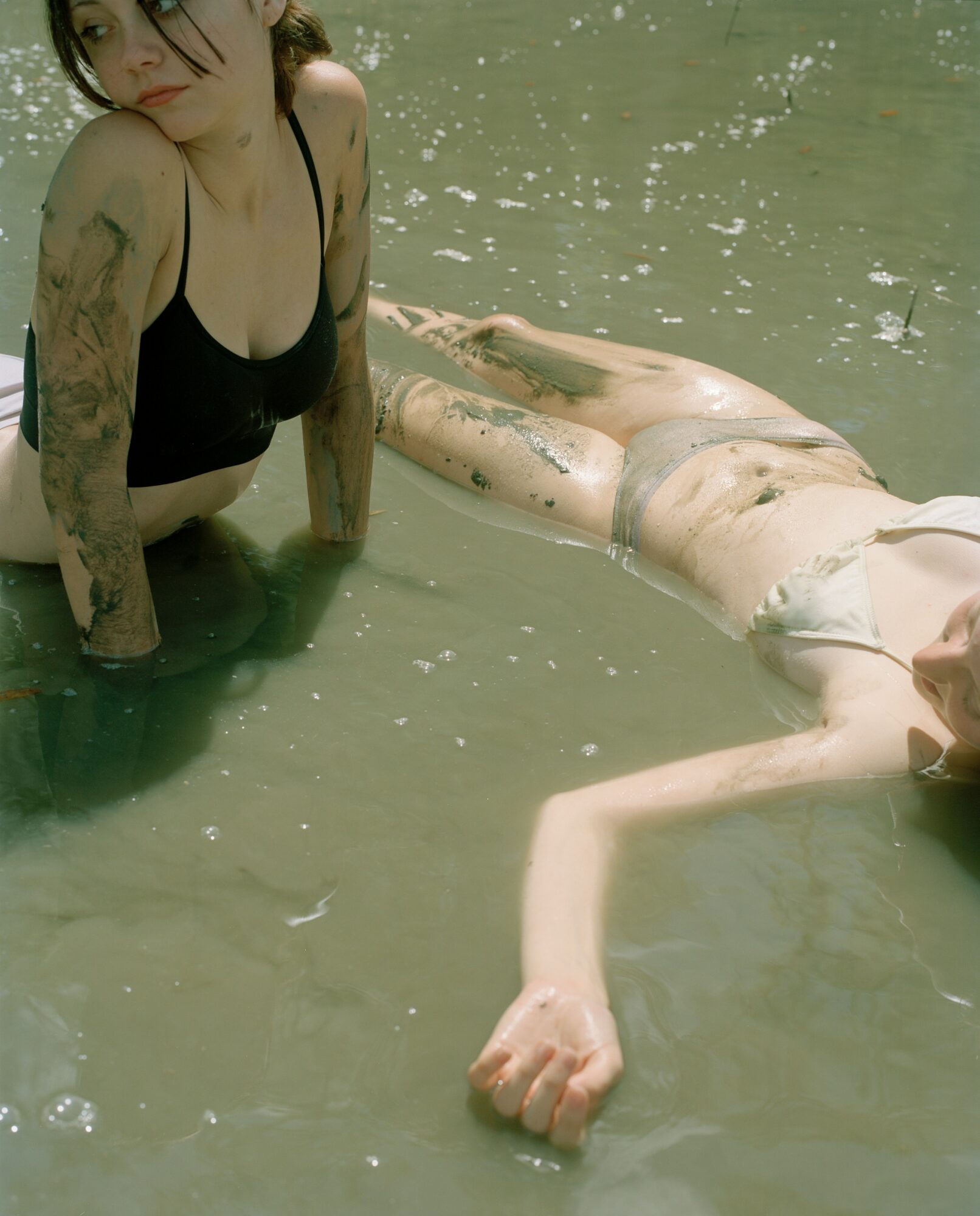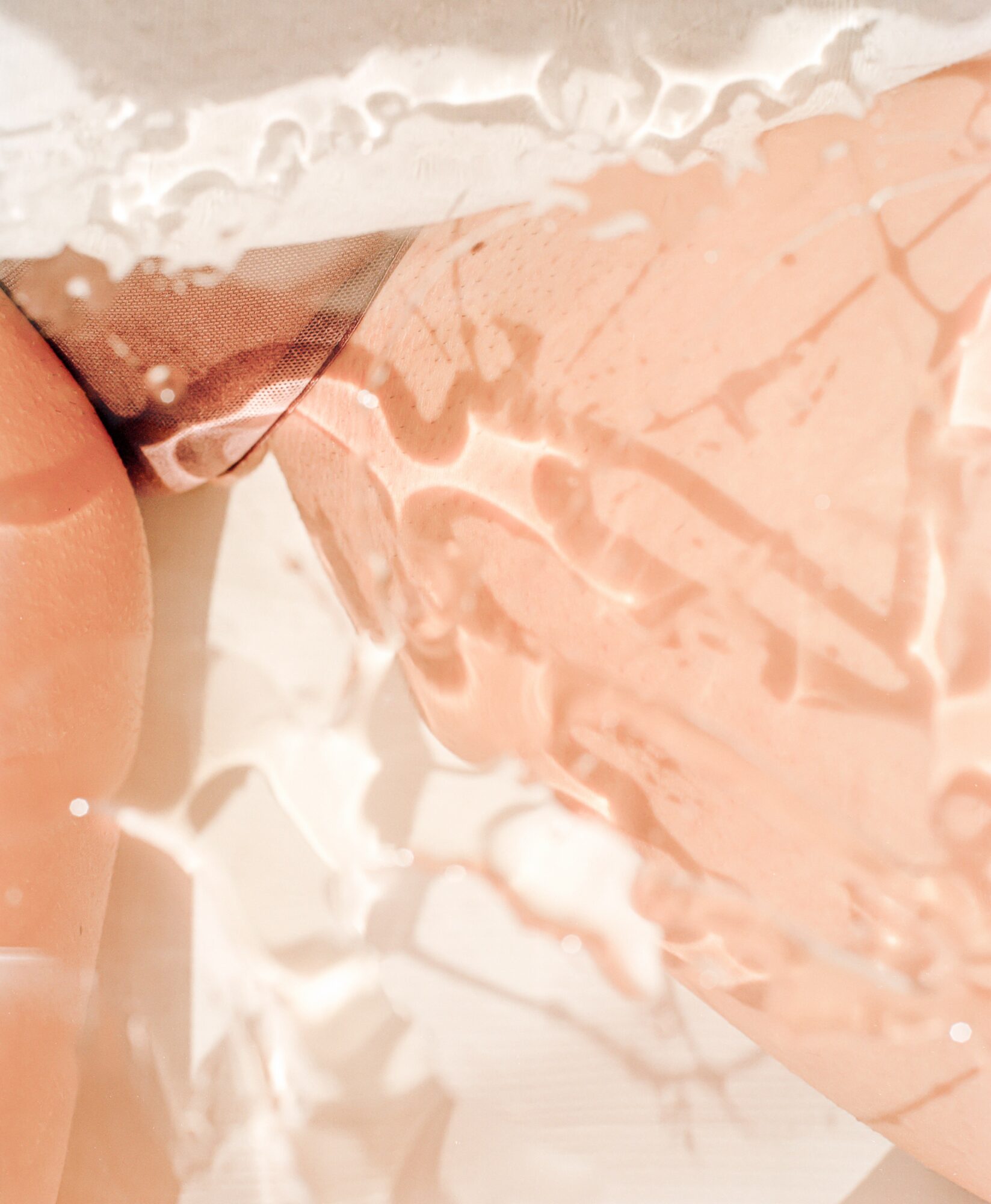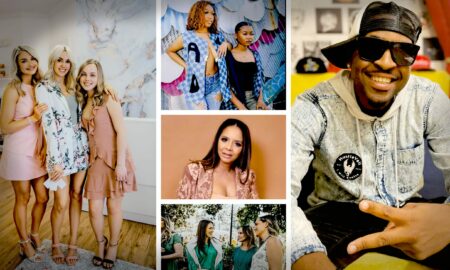

Today we’d like to introduce you to Cameron Emory.
Hi Cameron, so excited to have you on the platform. So before we get into questions about your work-life, maybe you can bring our readers up to speed on your story and how you got to where you are today?
I got my first camera when I was nine years old. It was the summer of 2013 and my family and I were on a road trip. We had stopped at the Brandsmart U.S.A off of I-285 and I had picked out the tiniest silver canon camera on the shelf. What I didn’t know then is that that camera would eventually become an artifact of a lifelong pursuit in remembering, and the start of my obsession with collecting time. I’ve always been somewhat of a hoarder when it comes to sentimental things, perfume bottles, receipts, cards, etc; I think a lot of that compulsive keeping manifests through photography, where I can realize now as an adult that taking images gifts me proof of the fleeting moments of my life and the feelings I’ve attached to them. It wasn’t until my teens when I started realizing what I was really doing with photography and that it could be a storytelling outlet for me, and a way for me to explore parts of my identity I hadn’t yet found. And at the time I was enveloped by the internet, like most of my peers, and found solace in photographers like Petra Collins, who were sharing images on Tumblr and Instagram. Seeing a lot of this coming of age work especially, as I was coming of age in the suburbs of the south, not really sure of who I was or what kind of person I wanted to be, that really helped me feel seen, made me want to make work like that. I can remember watching all these Greta Gerwig movies like LadyBird and Frances Ha and 20th Century Woman, crying in my bed with princess drapes still over it thinking that I wanted to feel like this forever, learn and grow and know nothing but everything at the same time forever and ever. I was neurotically taking film photos on anything I could get my hands on, using my high school darkroom like I paid rent. It was like I was getting some kind of future nostalgia for the moments that were actively happening, and if I didn’t photograph them, there was no proof they, or the feelings I had at the time, existed. I look back on what I was documenting and it seemed so juvenile when I was making it, but now as a professional I’m inspired by it. All the angst and love and uncomfortability seemed so mundane, but it’s something beautiful to see what I thought visualized those feelings as a sixteen year old. When I got to art school, I lost a lot of that instinct I once had. I started making work with the weight of expectation on my shoulders, like I had something to prove. But now, I’ve been trying to return to that sixteen year old, the one who made things simply because she had to. I have a radical love for girlhood, and for the strange, fragile beauty of becoming woman. I try to make work now to honor that journey, to stay close to it, even as it changes me. And in this effort I’ve made a conscious choice to embrace that compulsion for documenting I’ve held onto since getting that stupid little camera all those years ago. Within my career I of course have huge goals and dreams for myself, but that kind of thing I like to keep close to my chest. What I will share, as far as what I want for myself right now and going forward, is to continue making without knowing. To amass a lifetime’s worth of emotion poured into heaps and heaps of images and have tangible proof of my womanness and my humanity as I age. And I don’t think I really have a choice in that, to be an artist is not a career choice, but an identity one. Something deep within you that at a point in life you have to accept. And it’s a truth I’ve been growing into my whole life and I want to keeping photographing and creating to prove to myself that I am an artist and I was here. That I loved and grew and changed.
Can you talk to us a bit about the challenges and lessons you’ve learned along the way. Looking back would you say it’s been easy or smooth in retrospect?
Of course within my life I’ve faced obstacles. When choosing a non-traditional path there comes a lot of unforeseen consequences. In terms of career, becoming a professional artist is a constant choice, your mind is your currency and you’re dependent on your creativity for your livelihood. That’s a kind of pressure hard to wrap up into just one definitive struggle. I think what’s been hardest is holding onto the realism of my dreams without letting it consume my whole being. I struggle every day to be present, to not be constantly fantasizing over my next project, playing chess with each and every action I’m doing so that it’s contributing to my success. And in a lot of ways doing this is an effort to prove to myself that I deserve it. That if I continue to make, and play the games I meant to, then I can really say I’m a photographer, or just an artist in general. What I would like to learn is how to turn it off. If there’s a way to pursue this career, accept this identity, without letting it be all of who I am. I think that goal also speaks to the self-criticism that comes with tying your identity so heavily to your career. That these things you make are an extension of you, ergo if what you are making isn’t deemed good enough or accurate to who you perceive yourself to be, it’s easy to get stuck in this obsessive loop where you’re never satisfied. The professionals might call this ‘imposter syndrome.’ I think it’s just torture.
Can you tell our readers more about what you do and what you think sets you apart from others?
Lately I’ve been really excited about my fine art work, specifically my ongoing photo series In Becoming Women. This is a project I started several months ago documenting my closest friends and the women around me, trying to capture their youth in an attempt to define my identity. It’s truly a shared reclamation expressed with tenderness, and grace, and an understanding that we are still carrying the girls we once were, in becoming the women we’re meant to be. This project has been shot all between 120mm and 35mm film, a medium that I would say more recently I’m known for. I have a plethora of fashion work as well shot on film. I’m really passionate about bringing the fine art perspective to my fashion work and have gotten the opportunity to push that through my editor position at The Manor, SCAD’s fashion publication. I also study fibers in addition to photography and plan in the future to continue to push the boundaries of my work through combining photography with weaving, screenprint, bookmaking, etc.
What would you say have been one of the most important lessons you’ve learned?
There’s a passage in The Source of Self-Regard where Toni Morrison reflects on the responsibility of the artist and it’s something that is comparable to much of what I’ve learned up until this point. She speaks about how artists are given a gift, something rare that much of the world either doesn’t possess or hasn’t yet tapped into. And when you do have that gift, you have not just a right but a responsibility to comment on the world. You become a voice for humanity, with the unique ability to express feelings and truths that are universal and that connect us through the shared experience of being alive. That idea has shaped so much of what I’ve come to believe about being an artist. And this responsibility doesn’t have to attach only to grand political ideas, (though it absolutely can) but it also applies to things like mental health, identity, love, loneliness, and the quiet, invisible struggles of being human. What I’ve learned is that the worst thing I can do is hold myself back from speaking on these things, to silence my voice out of fear or self-doubt. That kind of withholding isn’t just a disservice to myself, but to others who might need what I have to offer. There’s a quote from Dune that comes to mind and has really stuck with me in terms of this idea, “Fear is the mind-killer.” That line has taken on deeper meaning for me as I’ve come to understand what it really means to live and create as an artist. If I allow fear, fear of inadequacy, of not being good enough, of failing, to paralyze me, then I’m cutting myself off from everything I’m capable of. I know there is so much my life can hold, so much my work can say, if I simply allow myself to act not out of fear, but out of courage. Because choosing to be an artist is about living with the conviction that you were given this gift for a reason and that the world needs what you have to say. I hope that when people look at my work, something, anything, shifts in them. That they feel seen. That something is unlocked or soothed or remembered. I hope that this gift I’ve been given means something. And if I don’t make, if I don’t try, how will I ever know?
Contact Info:
- Instagram: https://www.instagram.com/cameron.emory/


















